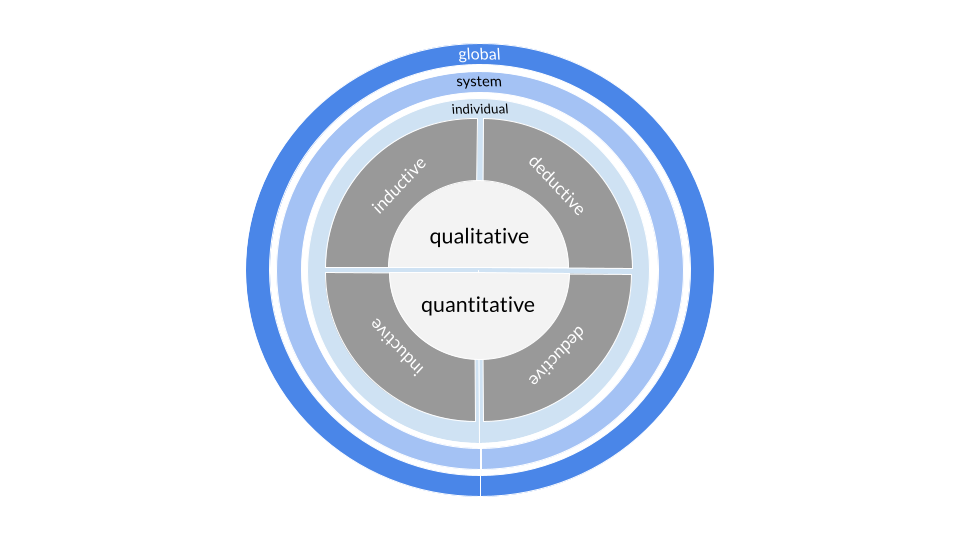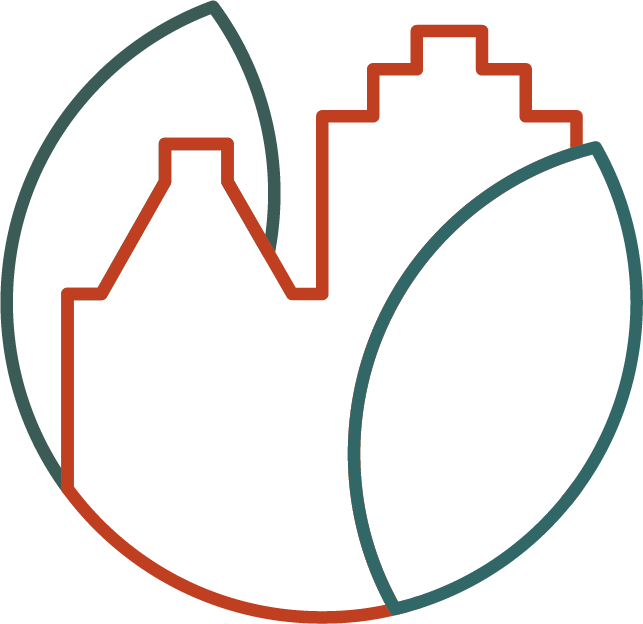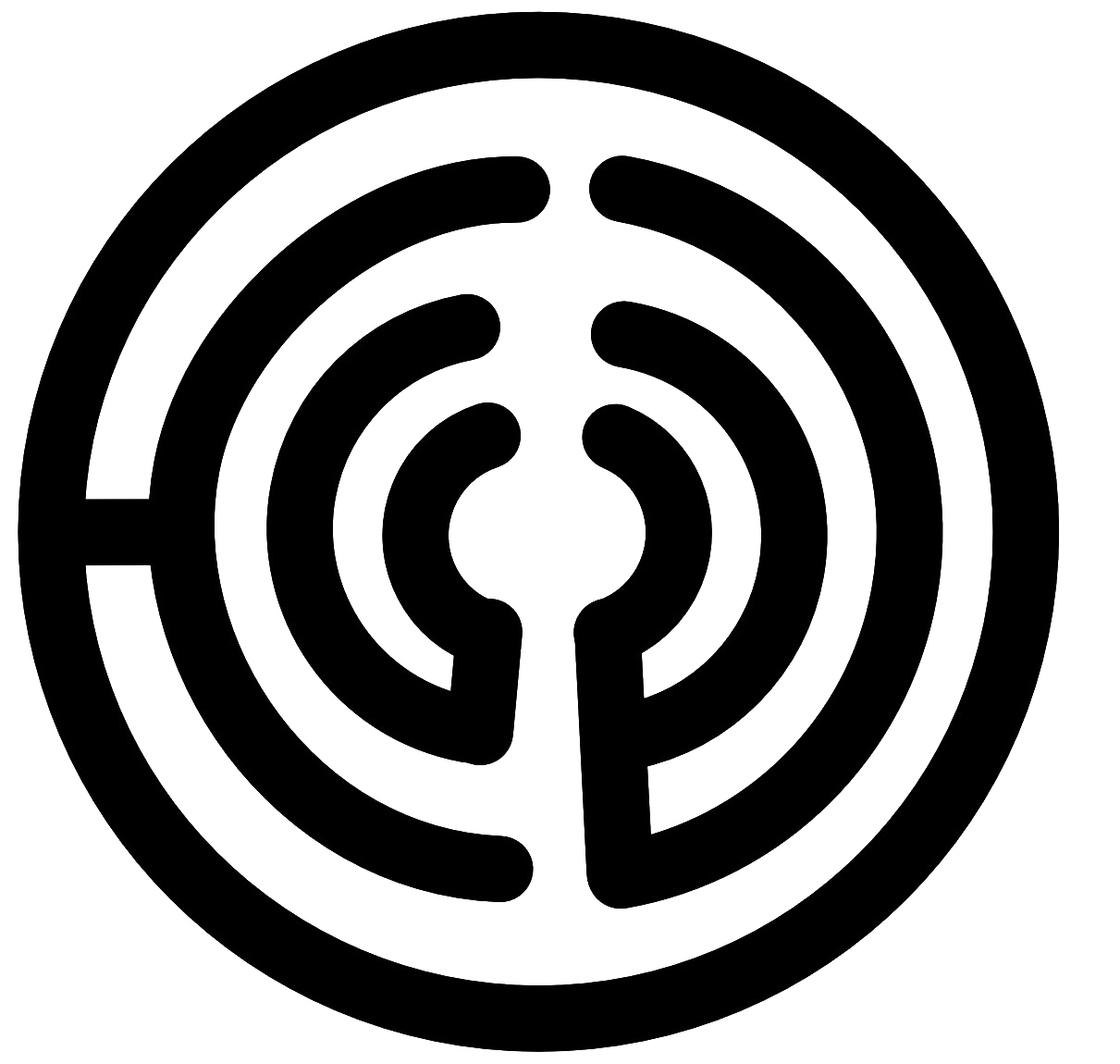
Research
Methods are the means that enable the creation of knowledge within science. While science focusses on topics and builds or assumes based on theories, methods are the drivers that allow for science to observe and design, test and analyse, and interpret our realities and derive knowledge based on all these processes. To this end, our team builds on a vast diversity of methodological approaches. We contribute to new knowledge creation by the application of methods in new contexts. We also recombine different methods in order to unlock new modes of knowledge. Lastly, we contribute to the creation of new knowledge based on a sound understanding of the vast landscape that represents scientific methods. One essential contribution for the overall canon of methods is a critical perspective on how scientific methods are part of the normativity of methods, such as scientific disciplines, bias, or responsibility. By attempting a holistic perspective on scientific methods we try to evolve science towards a more just future.
Within the wider realm of methods, we contribute to diverse topics and building on various theories within the different domains of science, as well as try to contribute to a new mode of science with and for society.
We specifically focus on three branches of science.
1) Intersectionality
While this theory has long been utilised and resonates with many, there are surprisingly few empirical investigations building on this theory. To this end we want to contribute to create more knowledge on how intersectionality can help to thrive towards a more just society.
2) Future economies
The current economic system has created vast inequalities across societies and endangers the global integrity. We want to investigate from diverse perspectives how future economies may thrive, and how we could transform our current systems towards more equity and justice within reasonable planetary dynamics.
3) The good scientist
Since antiquity there are continuous debates about the good life, yet there are only emerging discussions what makes a good science, and consequently as building blocks thereof, good scientists. Within this realm, we investigate the privileges of what it means to be a scientist, and the resulting responsibility towards society. On the other end we ask how within a flawed and often dysfunctional system that is modern science, how we would need to change this system towards fair and healthy working conditions.
The most important link within our team the aim on normatively, which we understand as a bridge between the ontology of ethics as well as philosophies of sciences, and the approximation of epistemologies. Normativity spans to this end through science, cultures, and societies, and aims to understand whether actions or consequences can be evaluated or judged against each other. For instance may in a specific research context one scientific method create better knowledge than another method, or some cultural practices may be more adapted to a local context compared to other practices, or one specific policy may marginalise more minorities compared to another policy. Linking ethical truths and empirical facts is one of the grand challenges of the 21st century, and we aim to contribute to overcoming this gap.

Normativity of Methods
With the section ‘Normativity of Methods’ on the Sustainability Methods Wiki, and associated research, we try to link questions of the evaluation of scientific methods with a post-disciplinary agenda. We consider the choice of method within science to be normative because of the question of knowledge production, which is a normative choice.

SUSTIL
Scenarios for Implementing the UN Sustainability Development Goals in the City and District of Lüneburg (SUSTIL) develops scenarios and options for action with a focus on the UN sustainability development goals. The innovative character of the project results from the combination of quantitative and qualitative data. In addition, economic management measures are not only tested with the aim of efficiently restricting the use of natural resources, but the effects of these instruments on the balance of interests between different groups of actors and different types of regions (urban and rural) are examined.

MoLöWe
MoLöWe (the ‘mobile solutions theater’) is a presentation structure that connects five large screens and tablets with specifically built software. It allows, for example, for the interactive visualisation of future scenarios during stakeholder interactions and is a powerful tool for transdisciplinary research and science communication.
